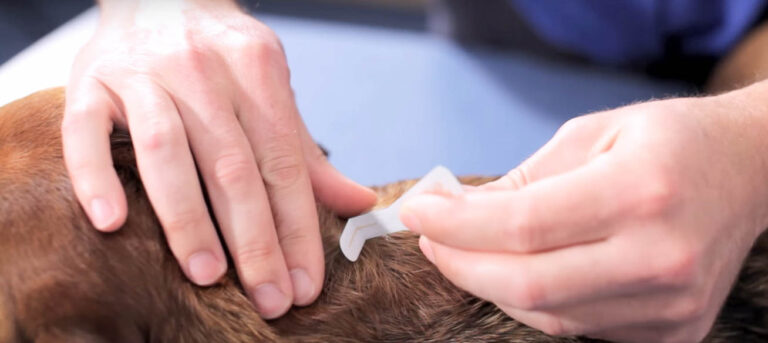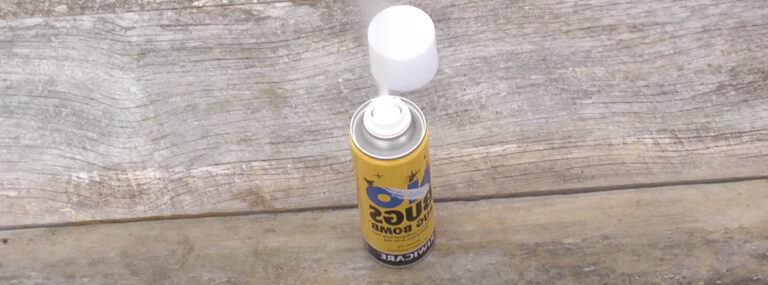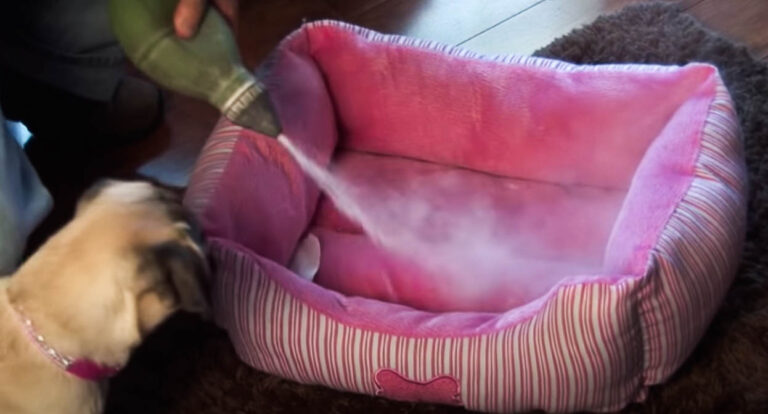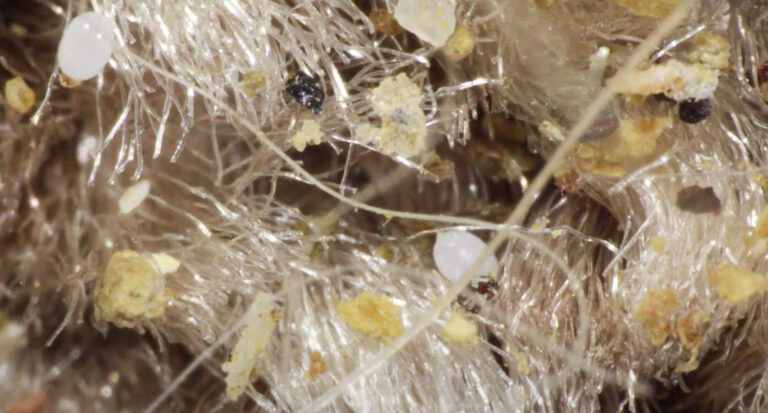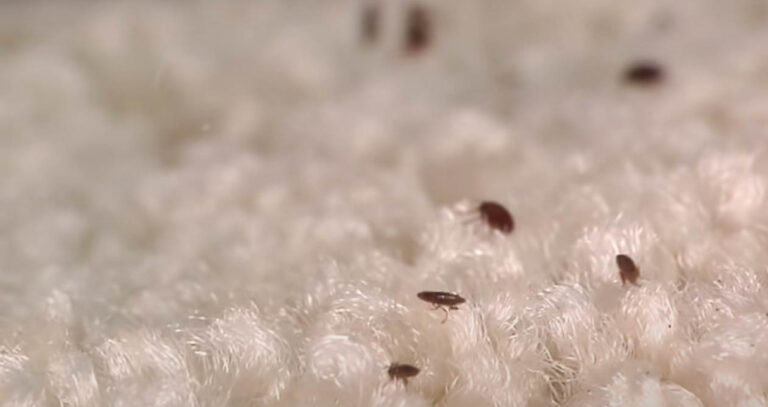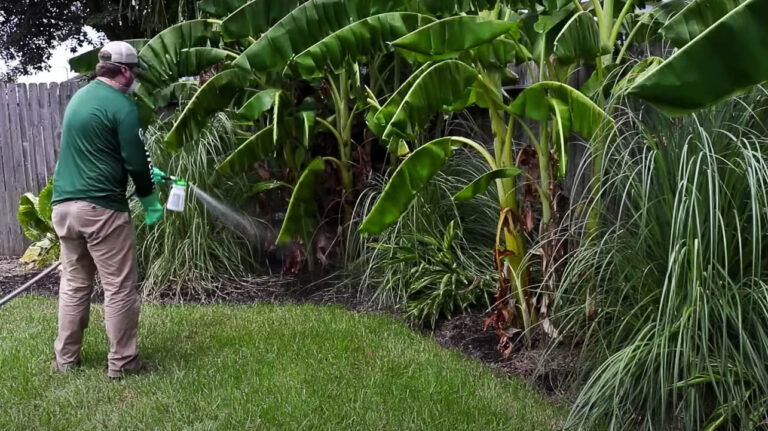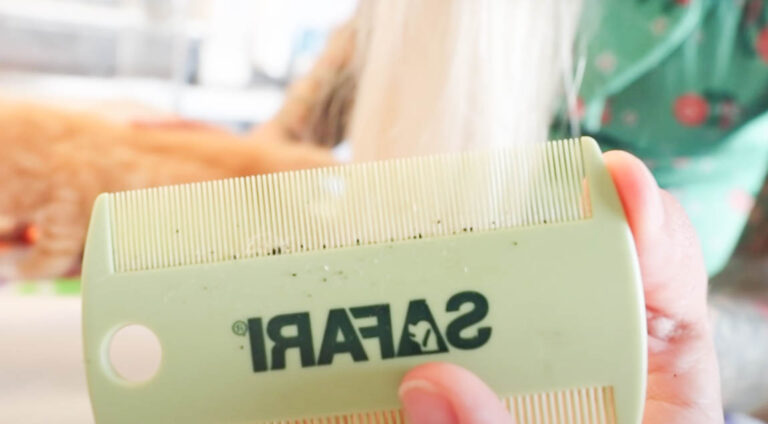How to get rid of fleas in the yard?
How to get rid of fleas in the yard?
Flea infestations are never fun. If you have ever had to deal with it, then you know how unpleasant it can be. These tiny wingless insects can practically drive your pets crazy with their ceaseless itchy bites, and what’s worse, they’ll spread throughout your yard like wildfire even before you know they are there. A single female flea will lay up to 50 eggs in one day and these eggs will fall off and lie within
the grasses in your yard, and will transform to flea larvae and subsequently flea pupae before emerging from their cocoons as adult fleas ready to attach themselves to your four-legged family members drinking as much blood as possible.
Fleas are very robust parasites found all over the world and they are very capable of surviving for years as cocoons if they happen to find themselves in an unfavorable environment. But with the right temperature and available hosts, these insects will quickly emerge as adult fleas and hop on any unlucky animals who happen to be on their path, and in this case, it may be your furry friends who become the unwilling host. It is estimated that in a flea-infested area, flea eggs, larvae, and cocoons account for a great majority of the infestation while the actual bloodsuckers, the adult fleas, make up only 5% of the total flea infestation. Going by this statistic, if you notice your pets itching furiously and suspect they may have fleas, then chances are your yard has become a nursery for fleas.
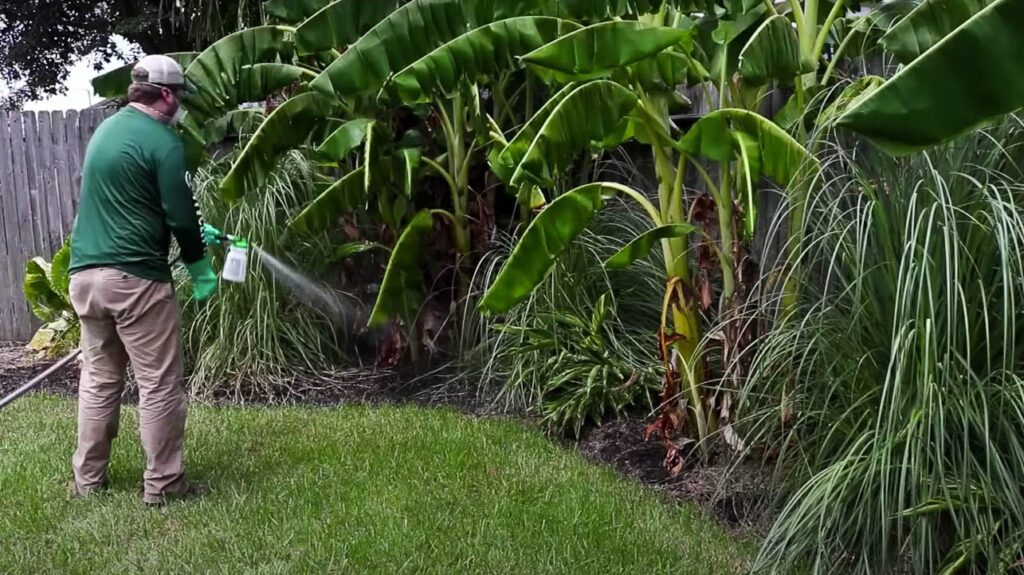
Battling with tons of tiny blood-sucking insects is an ugly situation to find yourself in, but you’re not completely helpless in it. There are proven ways to evict these unwanted tenants from your property, it’s not going to be easy but it can be done. And with the steps below, you will get rid of all traces of fleas from your yard in a few weeks.
Keep the Grass Short
Fleas avoid light and prefer to hide away in places that provide cover and shield them from light. If the grass on your lawn is too tall, they will provide these tiny vampires enough cover to thrive. Therefore, it’s important to keep your lawn well-trimmed every single time, and now’s the time to do it. Find the time to thoroughly mow your lawn and clean out all the grass.
Keep a Neat Yard
Clean out dead leaves, trash, brush, and anything at all that makes your lawn attractive to small animals such as raccoons, skunks, rodents, etc., these animals also act as hosts for fleas and they may be the sources of the infestation in your yard. Ensure that you put barriers around the edges of your yard and home to deter unwanted animals (including stray cats and neighboring animals) and always sweep up dried leaves and keep the yard pristine.
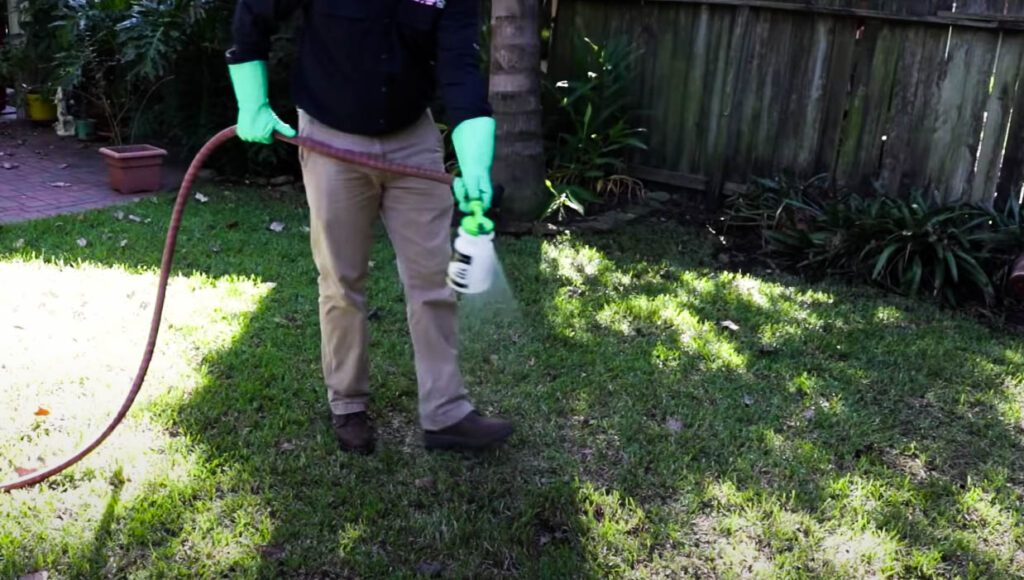
Use Anti-Flea Products
Treat your yard with a specifically formulated flea spray to kill all fleas and prevent any further infestation. There are many products used to effectively treat a flea infestation, check your local stores for insecticides that kill fleas or you can hire a professional pest control company to administer the treatment the right way to ensure no trace of fleas remains on your property. Also, treat your pets and the doghouses with a non-toxic anti-flea product, you may consult your vet to find out which product is best for your pet. Lastly, you also need to treat the inside of your home, because let’s face it, your pets live and sleep in your home. If there are fleas on your lawn, there will be a few of them inside your house too, so you will have to thoroughly vacuum every inch of your house paying particular attention to carpets (if you have any) and areas where your pets frequent. You will also need to thoroughly wash your pets bedding and materials and clothing they frequently come in contact with. Vacuuming and washing should be repeated every day or every other day for a couple of weeks to ensure that all flea eggs, larvae, and cocoons are killed off. And with this, your yard and home will be free of fleas.

